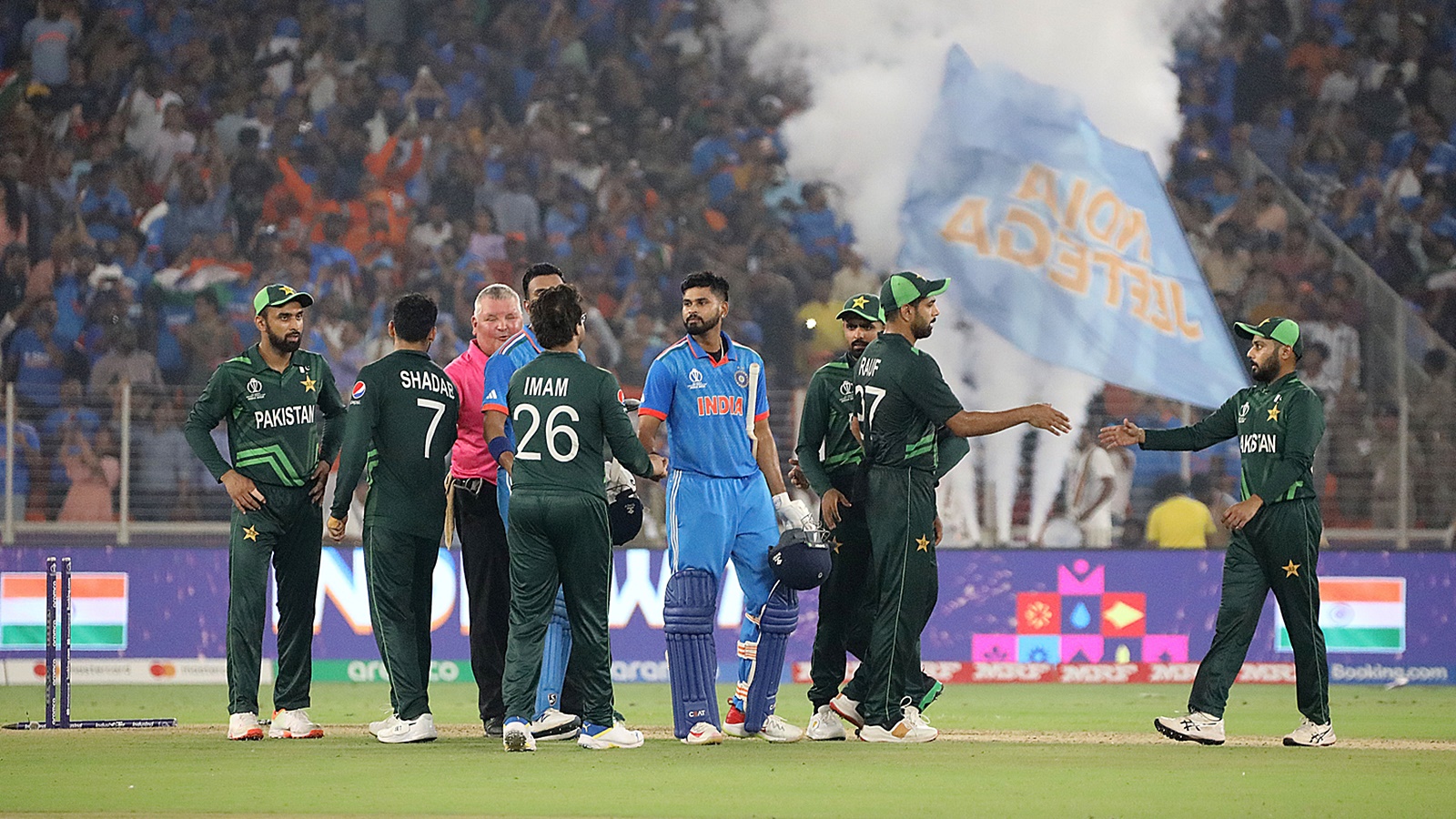 |
|
The recent controversy surrounding India's refusal to travel to Pakistan for the Champions Trophy highlights a significant tension within the international cricket community. The crux of the issue lies in the apparent contradiction between India's actions and the established norms of the International Cricket Council (ICC). The ICC guidelines mandate participation in ICC events regardless of the host nation, a principle seemingly disregarded by the BCCI (Board of Control for Cricket in India). This refusal raises several key questions regarding fairness, sporting integrity, and the underlying political motivations that may be driving India's decision. Pakistan, having previously traveled to India for both the 2016 T20 World Cup and the 2023 ODI World Cup, has demonstrated its commitment to participating in ICC events, even when facing potential security concerns. This cooperation underscores the seemingly selective application of concerns regarding safety and security in this specific instance.
The argument put forth by the article centers on the lack of justification for India's refusal. While security concerns are frequently cited as a reason for avoiding travel to certain regions, the ICC's prior clearance of security protocols for the ODI World Cup played in Pakistan suggests that these concerns may not be the primary factor motivating India's decision. The author directly challenges the ICC's decision to award Pakistan the hosting rights for the Champions Trophy in the first place, questioning whether the ICC adequately assessed India's potential non-participation. The implicit suggestion is that the ICC failed to anticipate and mitigate the potential risk of India's refusal, leaving Pakistan in a precarious position and potentially undermining the integrity of the tournament. The counter-argument would be that while the ICC has guidelines, unforeseen circumstances, particularly those related to international relations, can complicate the implementation of said rules.
The article posits a clear consequence for India's actions: the ICC should reconsider awarding hosting rights to Pakistan in the future if such refusals become the norm. This proposed measure reflects a desire to maintain the balance of power within the ICC and to discourage similar actions by other nations in the future. The author's concern is not solely about the immediate implications of India's refusal on the Champions Trophy, but also the establishment of a precedent that could destabilize the future of international cricket tournaments. The implication is that allowing such refusals to go unpunished could create a system where nations selectively participate in events based on their own political agendas, leading to an uneven playing field and a decline in the overall integrity of international cricket. This resonates with broader concerns about the politicization of sports and the potential for national interests to override sporting principles.
Beyond the specific implications for the Champions Trophy, the article touches upon the larger geopolitical context surrounding India-Pakistan relations. The timing of India's refusal, coinciding with upcoming state elections in India, raises speculation about the political motivations behind the decision. The suggestion that the refusal may be politically motivated casts a shadow of doubt on the sincerity of India's stated reasons and raises concerns about the use of sports for political maneuvering. The author's argument subtly points to a pattern of behavior, insinuating a potential history of India leveraging sports for political gain. This perspective suggests that addressing this issue requires looking beyond the immediate sporting implications and considering the broader geopolitical dynamics influencing the decision-making processes of both the BCCI and the Indian government. It's crucial to separate sporting merit from nationalistic posturing. The essay would need further information and analysis to definitively determine whether this is a solely politically motivated act or a complex situation driven by both security and political concerns.
In conclusion, the article's central argument centers on accountability and fairness within international cricket. The author advocates for consequences to prevent future occurrences of nations leveraging political agendas to undermine ICC events. The case highlights the inherent complexities of managing international sporting events within a framework that considers both sporting principles and geopolitical realities. The proposed solution is a pragmatic one, designed to deter similar actions in the future and protect the integrity of international cricket tournaments. A more thorough investigation into the security concerns and the political context would provide a more nuanced understanding of the situation. This complex issue requires a multifaceted solution involving diplomatic channels and stricter guidelines for international sporting events, ensuring that the political landscape doesn't overshadow the principles of fair play and global participation.
Source: Don’t give hosting rights to Pakistan in future if India refuses to travel for the Champions Trophy
